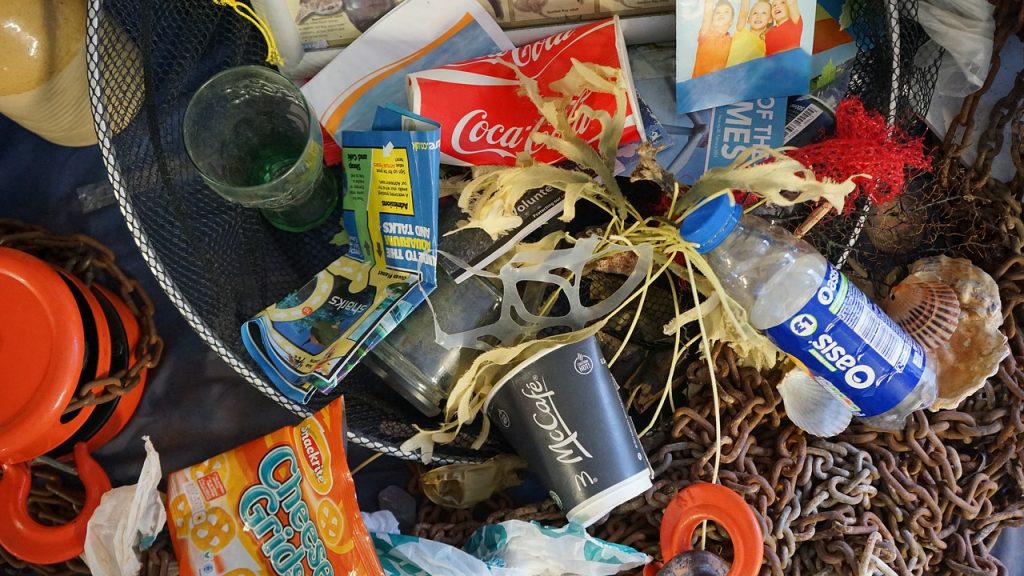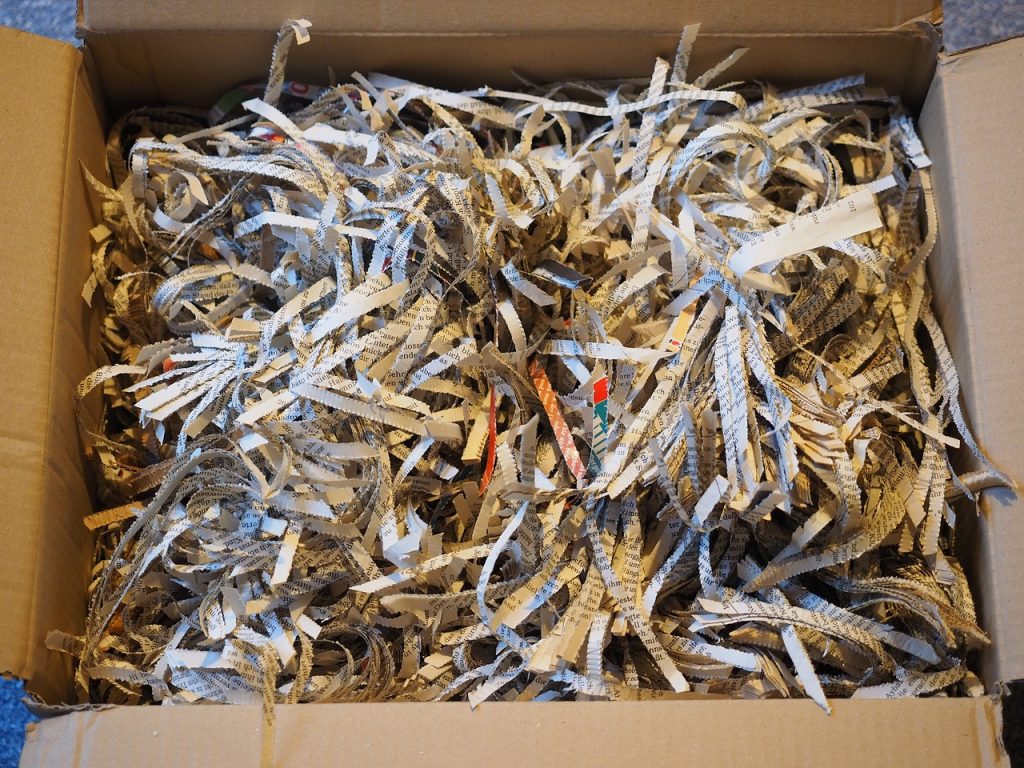- Understand the significance of recycling eyeglasses for vision and environmental benefits.
- Collect old eyeglasses that are no longer in use.
- Inspect the integrity of the glasses, checking lenses for prescription accuracy.
- Donate to local opticians, organizations, or eyewear recycling programs.
- For unusable glasses, separate parts for recycling or upcycling.
- Consider upcycling old frames into new, trendy eyewear.
- Recycle old contact lenses through specific recycling programs.
- Support and engage with organizations that facilitate eyeglasses recycling initiatives.
Understanding the Importance of Recycling Eyeglasses for Better Vision
It’s essential to understand the significance of knowing how to recycle eyeglasses. Eyewear, particularly eyeglasses, are integral to maintaining our vision, one of our most cherished senses. Recycled glasses can drastically improve the vision of others who can’t afford this necessary aid. Over time, many prescription glasses become old eyeglasses. Rather than disposing them, you should consider recycling. You’re likely unaware of how impactful recycling can be, specifically eyewear. Reusing glasses means their frames and lenses get a new lease of life, benefiting others with vision issues. Vision is an essential part of life, heavily influencing our experiences and perception of the world.
It’s not only about environmental consciousness, but also about the implications for vision. Recycling eyeglasses is highly beneficial for people’s vision, providing affordable and much-needed eyewear for those who may not be able to acquire new glasses. Vision is so pivotal to daily living that we cannot ignore its importance, and neither the essential role that old eyeglasses can play in our overall vision health.
Moreover, recycling lessens the demand for the production of new glasses, directly contributing to reducing our carbon footprint. This is a win for recycling, vision health, and our planet. The process is generally straightforward; most opticians happily accept used eyeglasses. You can also find local organizations that run eyewear recycling programs. All we need to do is consider the vision of others, and the potential improvement your old eyeglasses could make to their lives.
Recycling, old eyeglasses, glasses – these may seem insignificant words, but the concept behind them is a social responsibility towards maintaining the vision health across the world. Vision is more than just seeing, it’s an avenue of experiencing the world around us. Let’s be responsible and keep recycling eyeglasses for better vision for all.
Eyeglasses Recycling and Vision Improvement
When we talk about recycling old eyeglasses, we’re not just discussing an opportunity to help the environment. We’re also engaging in a process that can significantly contribute to vision improvement globally. Why? Because countless people in this world have compromised eye health requiring prescription eyewear, yet they’re unable to afford it. That’s where the importance of recycling old glasses comes to play.
By focusing on the recycling process, it’s remarkable how a pair of eyeglasses that you no longer require can provide significant vision support to someone in need. Your prescription might not be valuable to you anymore, but it could be for someone else. Therefore, when we learn about the importance of recycling eyeglasses, we’re also learning about contributing to global eye health.
No matter how old your glasses may seem, even if they are scratched or broken, recycling facilities can rejuvenate them for a new life. Eyewear recycling programs collect glasses from all over the world, refurbishing the old frames with revived lenses based on the prescription required. By doing so, donating your old glasses would mean providing someone with the gift of clear vision, making a significant impact on their learning ability and overall lifestyle.
The process of eyeglasses recycling doesn’t just stop at providing eyewear to those in need. It also contributes to reducing waste from old glasses, such as plastic or metal frames and glass or plastic lenses. While it might seem like a small step, imagine the impact if we all took this step. Every bit counts. Therefore, we strongly encourage you to learn more about how to recycle your old glasses. Let’s aim for a healthier planet and better vision for all!
Donating Your Old Frames and Lenses: A Step towards Sustainable Vision
Donating glasses is one of the most environmentally friendly ways to dispose of old frames and lenses. It’s a humble but impactful step towards sustainable vision. Not only does it keep glasses out of landfills, but it also helps those in need of vision correction. Consider how meaningful it is: your old glasses, whether they are regular glasses or sunglasses, could grant someone the gift of sight.
There are many places where you can donate your old frames and lenses. Optometrists, non-profit organizations, and even some retail stores accept donations of old glasses for recycling. Donating glasses isn’t just about frames, but lenses too. Prescription lenses can often be reused in providing corrections for others, making the process even more beneficial.
A look at the numbers proves the impact of this simple action. An estimated 2.5 billion people worldwide require vision correction, but don’t have access to it. When we take steps like donating glasses, we’re chipping away at this massive figure. We’re contributing to better vision, one pair of lenses and frames at a time.
Also, by donating your old glasses and sunglasses, you save them from ending up in landfills. Most components of glasses – the lenses, frames, and even the screws – are non-biodegradable. So, they don’t just disappear when we throw them away. Instead, they contribute to our growing waste problem, causing harm to the environment and wildlife.
Thus, the next time you think of discarding your old glasses or sunglasses, consider donation instead. Donating glasses is an easy and meaningful way to contribute to sustainable vision and to a healthier earth. It brings several benefits, helping not only people in need of vision correction but also efforts to a better, more eco-friendly world.
How Vision Impact Through Glasses Donations Can Change Lives
Don’t underestimate the power of vision; it can revolutionize your perception of the world. Imagine a world where your vision is blurry, colors are dull, and everything appears hazy. Unwanted old glasses lying in your homes can potentially alter this grim reality for many people worldwide. So instead of keeping these glasses idle, consider donating them. With your glasses donations, you can profoundly impact people’s lives that lack access to eyewear.
Economically disadvantaged people can improve their vision through glasses donations, lending them the vital eyesight necessary for daily activities. When you’re donating glasses, you’re not just discarding old glasses, you’re contributing to someone else’s vision, which could mean the difference between education and illiteracy, employment and joblessness. But how does this process work?
Mostly, organizations involved in collecting old glasses refurbish them before distributing them to people in need. The donated old glasses are first inspected for integrity. The glasses’ lenses are checked for prescription accuracy, and the frames are cleaned and restored. Even those glasses that are damaged or unusable are not wasted, as their parts can also be recycled.
Moreover, donating glasses has added environmental benefits. Instead of old glasses ending up in landfills, donating them reduces waste and contributes to a more sustainable planet. Hence, the act of donating glasses is a double win, positively impacting vision and ensuring an eco-friendly solution for old glasses.
In conclusion, your old glasses may seem insignificant to you, but they can change lives. Vision through glasses donations can open opportunities, unlock potential, and offer a brighter, clearer world for many individuals. It’s a noble initiative that fosters vision enhancement, sustainability, and compassion. So why wait? Start donating your old glasses today and play a significant part in bettering our Earth.
Embracing the Future: Upcycling and Recreating New Frames from Old Glasses
The world of eyewear is ever-evolving, and at its heart is the steady cycle of the old and new. We’re all about embracing the future, and a crucial part of that is the practice of upcycling and remodeling old glasses. One man’s trash, as they say, is another man’s treasure. But it isn’t just about hoarding old glasses in the back of our drawers; it’s about revolutionizing the future through recycling.
Making new glasses frames from old ones is a determined journey towards a more sustainable earth. It’s about acknowledging the worth of old, spectacles that some might simply dispose of. Instead of disposing our dated frames, we encourage everyone to recycle their old frames.
Why? It’s simple. Recycling frames for new glasses is cost-effective, and more incredibly, it harnesses the opportunity to give sight to someone who might not typically afford it. Quite similar to the practice of donating old frames, recycling eyewear can lead to better vision for someone else. Glasses donations have and continue to change countless lives worldwide.
We all have old glasses that we don’t use anymore. Glasses that are outdated or perhaps broken. Instead of letting them gather dust, you can take those old glasses and upcycle them. You’d be surprised at the wonders that can take place when we take these neglected objects and give them a makeover.
From a pair of reading glasses that your grandfather no longer uses, to some worn-out sun shades that have seen better days, there’s always potential for them to be transformed into stylish, recycled frames. So, before you think of simply disposing of your old frames, consider how they could be recycled into fascinating new glasses, marrying nostalgia with contemporary vision.
Making the Most Out of Old Contacts: Recycling Options and Procedures
Have you ever thought about what you can do with old contacts? It’s pretty surprising, but there’s a whole world of options available for recycling old glasses, contacts and even sunglasses. Preserving our health and the health of our planet go hand in hand. Therefore, it’s more important than ever to participate in services that encourage recycling.
When it comes to contacts, people can choose services that are specifically designed for eyecare products. One such service is the contact lens recycling program, a health-conscious initiative to keep old glasses, contacts, and sunglasses out of our landfills. They aim to provide every person with the opportunity to contribute towards sustainable healthcare, including eye health.
The process is fairly straightforward. First, your old contacts are collected and thoroughly cleaned. Next, they’re broken down into their component materials. Plastic from old glasses and lenses can be melted down and reformed, while metal frames can be recycled into new items too.
Interestingly, some innovative folks out there have learned how to make the most out of old contacts by remoulding them into new eyewear. Sounds cool, right? These sellers offer the eco-conscious people amongst us a means to keep old glasses, contacts, and sunglasses in use, while staying fresh and stylish.
Remember, making a habit of recycling old items isn’t just good for the Earth – it’s a service to your fellow people. By keeping these items out of landfills, you’re contributing to a better, health-oriented world. So, next time you get a new pair of specs or switch up your contacts, remember that those old glasses, contacts, or sunglasses you no longer need have a higher value. Recycle them, and see how vision impact through glasses donations can change lives.
Protecting Our Eyes and Earth: The Environmental Impact of Eyeglasses
Every year, millions of people around the world update their prescription glasses to correct their vision; a health necessity that improves their quality-of-life. However, our growing demand for eyewear has an environmental impact we rarely consider. The production process of glasses involves various materials like metals and plastics for frames, and specific minerals for lenses – all of which contribute heavily to carbon emissions. Yet, the impact doesn’t stop there, as discarded glasses pile up in landfills, causing toxic waste.
This is where the concept of recycling glasses plays a vital role. Many don’t realize that eyeglasses, once past their prime, hold potential for repurposing or recycling. Old glasses, whether they’re prescription or not, can serve a greater purpose beyond just improving one’s eyesight. By recycling old glasses, we can reduce wastage and minimize harmful ecological effects.
For instance, old frames and lenses can be donated to individuals who cannot afford glasses. Donating used eyeglasses is a small act that can significantly change other people’s lives by improving their vision. Likewise, in several cases, old frames can be ‘upcycled’ to create new, trendy eyeglasses. The process of upcycling is not only eco-friendly but also adds value to the product, fostering a sense of pride for the creativity in reuse.
Moreover, unused contact lenses are often improperly discarded and are a rising environmental concern. However, programs have been initiated to recycle contact lenses and their packages, providing an eco-friendly disposal outlet. Individuals who switch from glasses to contacts can also contribute by recycling their old frames. Thus, recycling eyewear, whether glasses or contacts, can lead to sustainable vision solutions.
So, the next time you’re updating your eyewear, consider recycling or repurposing your old frames and lenses. Not only will it be beneficent for those in need, but it’s also a step toward protecting our earth. Recycled glasses aren’t merely about seeing a better world – they’re about making a better world.
The Role Organizations in Eyes Care Play in Recycling
Old glasses and eyeglasses not in use don’t need to end up in a landfill; instead, they can be given a new lease on life through recycling. Various organizations across the world have realized the importance of eye care and vision health, and are taking center stage to facilitate glasses recycling initiatives. Eye care organizations take the responsibility to collect, sanitize, and redistribute used glasses to individuals who can’t afford prescription eyewear. Every month, these organizations conduct eye exams to identify the eye health needs of people, particularly in underprivileged communities around the world.
Many of these organizations focus on getting these used eyeglasses into the hands of individuals who really need them. One of the primary organizations in this endeavor is Lions. The Lions’ eyewear recycling center accepts donations of old glasses from all over the world. Their commitment towards eye health and improving global vision is admirable and has had a profound effect on many people’s lives. To them, every pair of glasses recycled means one more person gets a chance at a better quality of life.
These organizations are not only improving global eye health by recycling eyeglasses but they’re also playing a significant role in turning the idea of a better and sustainable world into a reality. Their work involves a lot more than just eye exams and providing glasses; it’s also about education and ongoing eye care after the eyeglasses have been recycled and redistributed. Furthermore, by recycling and reusing eyewear, these organizations are helping to reduce the amount of waste that ends up in our landfills, demonstrating a commitment to environmental sustainability. So, the next time you upgrade your glasses, consider giving your old ones to these organizations. You’d be improving someone’s vision and contributing to a better world.




